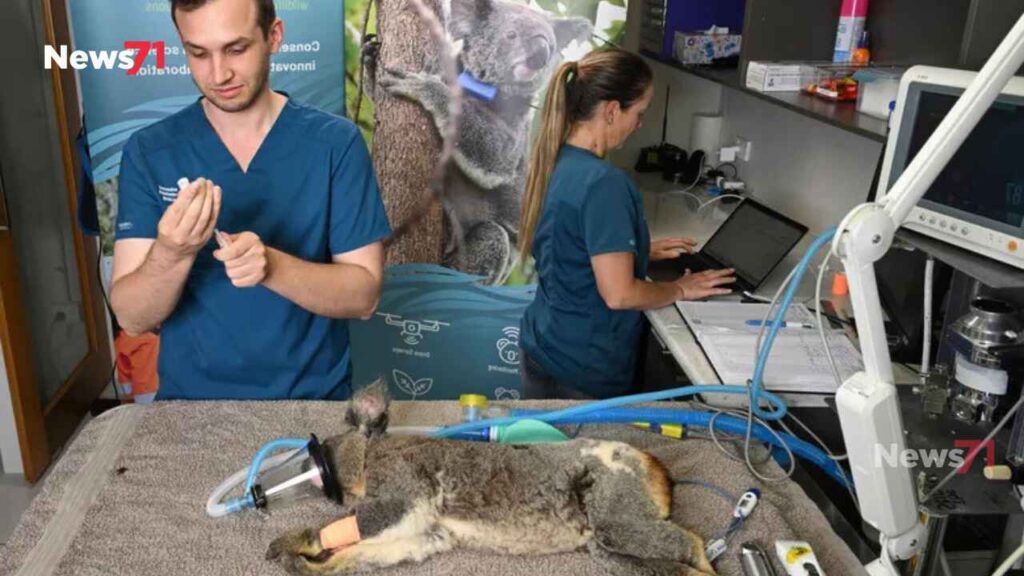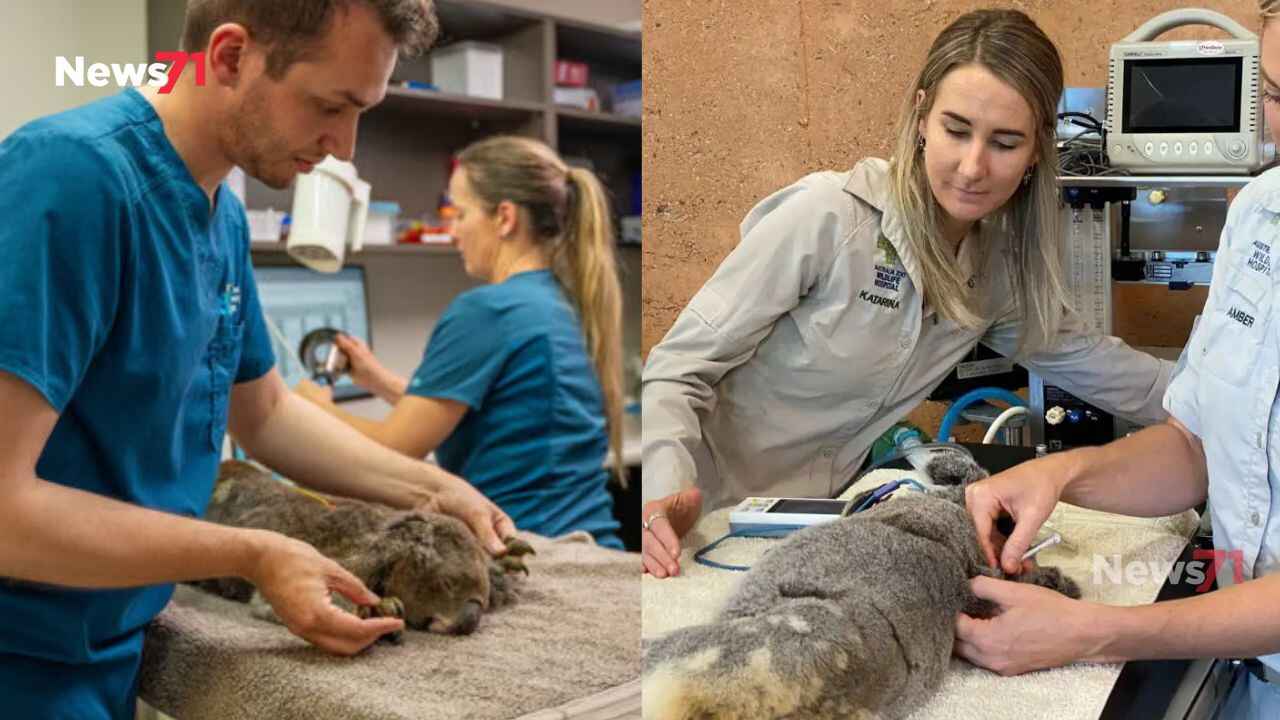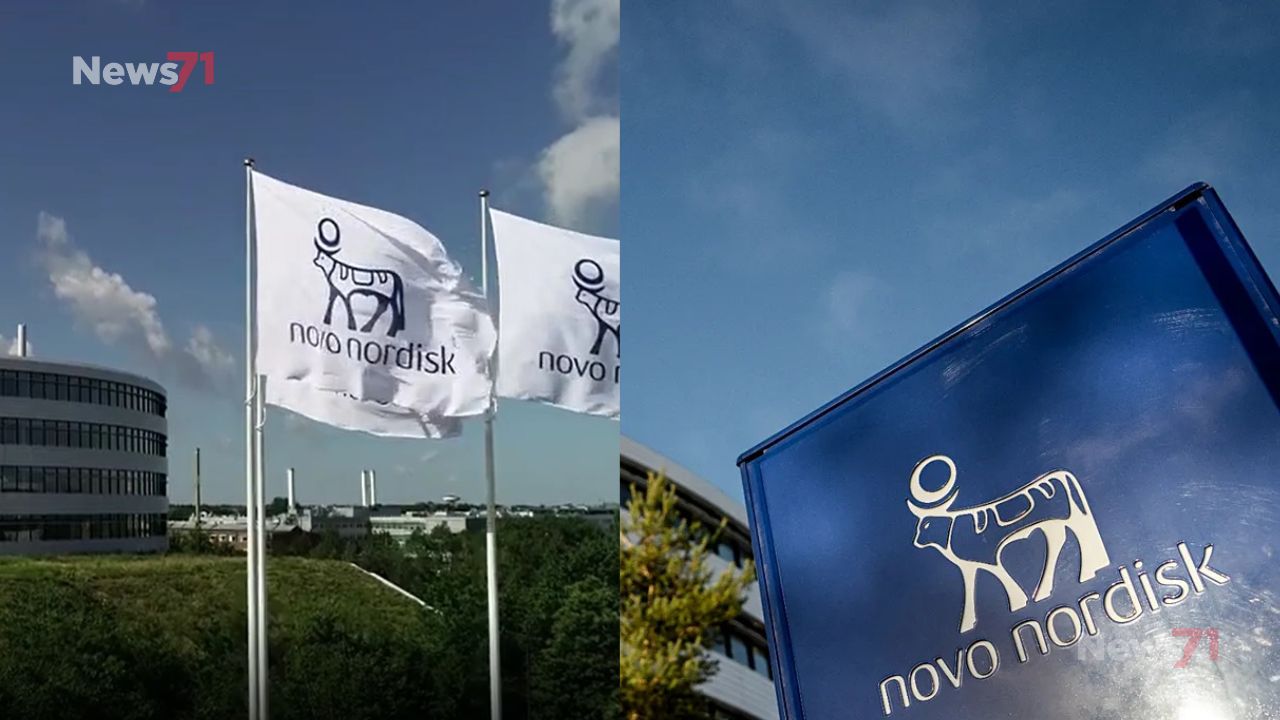In a landmark move, Australian authorities have granted approval for the world’s first vaccine designed to shield koalas from chlamydia, a disease that has been devastating the population of one of the country’s most beloved animals. The bacterial infection, which spreads quickly through wild colonies, is a major contributor to infertility, blindness, and death in koalas, many of which are already listed as endangered across parts of the nation.
The vaccine, developed by researchers at the University of the Sunshine Coast in Queensland, comes after more than ten years of intensive study led by microbiologist Professor Peter Timms. Unlike conventional treatments that require repeated doses, this breakthrough involves a single-shot vaccine that does not need a booster, making it far more practical for wildlife use.
According to the research team, trials showed that vaccinated koalas had a significantly lower chance of developing the disease during their breeding years. In fact, data revealed that mortality caused by chlamydia was reduced by at least 65 percent in populations where the vaccine was tested. With the approval now in place, the vaccine will be available for use in wildlife hospitals, veterinary clinics, and directly in the field.
We knew a single-dose vaccine with no requirement for follow-up would be the best way to combat the devastating spread of this disease, Professor Timms said. Chlamydia is responsible for as many as half of all deaths among wild koala populations across Australia. Without intervention, some colonies in southeast Queensland and New South Wales face the very real risk of disappearing altogether.
Indeed, infection rates in certain areas are alarming. While average chlamydia prevalence sits around 50 percent in many koala groups, some colonies have reported infection levels of up to 70 percent, leaving little chance of survival without medical intervention.
Australia Approves First Koala Vaccine Fight Chlamydia

The news of the vaccine’s approval has been met with mixed reactions. Deborah Tabart, chair of the Australian Koala Foundation, expressed skepticism about whether such a program could realistically save the species. She argued that while disease management is important, the root problem lies in habitat destruction. At the risk of sounding blunt, vaccinating 100,000 animals is simply not feasible, Tabart said. Koalas are sick because they no longer have adequate habitat. Unless we stop clearing their forests, no amount of vaccination will save them.
The foundation estimates that fewer than 100,000 koalas remain in the wild, though a government-backed monitoring project last year placed the number between 224,000 and 524,000. Either way, both figures highlight the dramatic decline in population compared to previous decades.
Environmental groups in Queensland have taken a slightly more balanced stance. Dave Copeman, director of the Queensland Conservation Council, welcomed the approval of the vaccine but also stressed that protecting koala habitats must remain a priority. It’s very good news for wildlife health, Copeman said. Chlamydia has placed enormous stress on koalas, but the threats don’t end there. Even if chlamydia is controlled, koalas will continue to face danger from the destruction of their natural environment.
Koalas are officially listed as endangered in Queensland, New South Wales, and the Australian Capital Territory, largely due to habitat loss caused by urban expansion, bushfires, and land clearing. Scientists also warn that climate change and increasing road collisions are accelerating the decline. Without strong conservation measures, studies suggest that koalas could vanish from the wild by 2050.
Treating infected koalas with antibiotics is often problematic, as it interferes with their ability to digest eucalyptus leaves, their only food source. This can lead to malnutrition and eventual starvation, highlighting the need for alternative solutions like vaccination.
The development of the vaccine has received funding support from federal and state governments, including the 50 million Australian dollar Saving Koalas Fund launched by the Australian government. Federal Environment Minister Murray Watt confirmed his office’s backing, emphasizing the need to combine medical innovation with broader conservation strategies. We know koalas need help to combat diseases like chlamydia, Watt said. This vaccine is an important step forward, but we must also continue to invest in restoring and protecting their habitats.
Koalas, iconic marsupials native to Australia, share a unique status alongside kangaroos and wombats. Known for spending long hours resting in eucalyptus trees, they rely entirely on eucalyptus leaves for both food and hydration. Their distinctive hands, with two opposing thumbs, make them expert climbers, but their survival is becoming increasingly precarious.
Over the last two decades, wild populations have fallen dramatically. Experts believe that without urgent action, compounded threats from disease, habitat destruction, and climate change could push this species to the brink of extinction within the next 25 years.
While the debate continues over whether resources should prioritize medical treatments or habitat conservation, one fact remains clear: Australia’s koalas are in crisis. The newly approved vaccine represents a significant scientific achievement and could buy time for populations under severe pressure. However, without parallel efforts to safeguard the eucalyptus forests they call home, the fight to save these iconic animals may still be an uphill battle.






